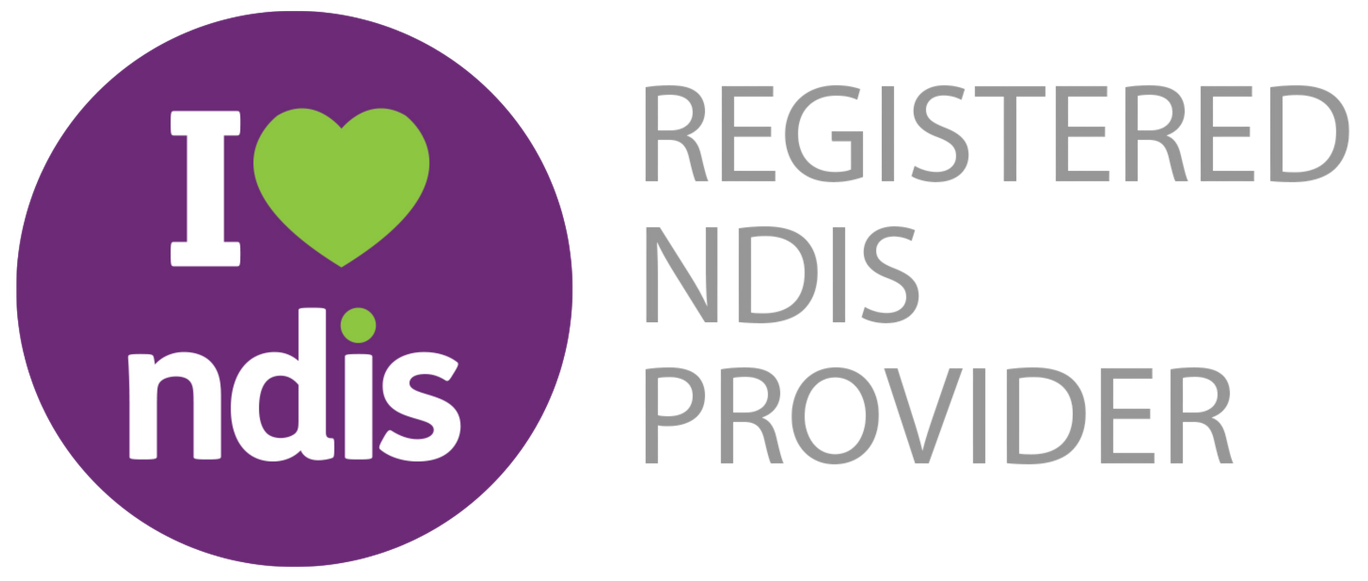Dietitian Support For Older Adults
Myths You Need To Stop Believing
It Starts With Clearing Up A Few Common Myths
Let’s be clear: you deserve to feel nourished and cared for.
And if you're struggling to eat, it’s okay to ask for help.
Home visits, NDIS and aged care support from a Dietitian might feel like big steps - but they can make life feel simpler and more comfortable.
Difference Between Dietitian and a Nutritionist:
A lot of people are confused about the difference between what a dietitian can do and what a nutritionist can do.
Nutritionist can give general advice, but when it comes to challenging issues or issues where there are multiple medical things at play, we would recommend working with a dietician.
Dietitians have a higher level of training and a high level of expertise than nutritionists are required to have.
Myth 1: "It’s Normal To Lose Weight As You Get Older"
Not quite. Yes, changes in appetite and metabolism are common with age, but unplanned weight loss isn’t something to ignore.
If you’ve lost weight without meaning to, or you’re eating less because food is harder to manage, it could be affecting your strength, energy, or health in ways that build up slowly.
What might feel like "just a little weight loss" can lead to:
- Feeling more tired or weak than usual
- Losing muscle mass, which affects balance
- Getting sick more often or recovering more slowly
- Higher risk of falls, fractures, and hospital visits
You might notice your clothes feeling looser, meals lasting longer, or food sitting untouched. These are signs worth listening to.
The good news? A Dietitian can help you get ahead of these changes with food support that actually works for your lifestyle.
You don’t need to feel hungry or tired all the time. There are ways to feel stronger again.
Myth 2: "If You’re Still Eating Something, You Must Be Fine"
This one misses the point. Maybe you’re still eating toast, tea, or a few snacks here and there.
But if you’re not getting enough variety, nutrients, or fluids, it adds up.
You might be:
- Skipping meals because cooking feels hard
- Choosing food that’s quick, but not nourishing
- Missing out on protein, fibre, or vitamins without knowing it
- Eating less because of loneliness, grief, or low mood
Even if it looks like you’re eating something every day, you might not be getting what your body needs to feel its best.
A Dietitian can spot the gaps - and help you fill them gently.
Sometimes, even small changes - like a snack with more staying power or a different breakfast option - can make a big difference.
Myth 3: "You Have To Be On A Special Diet To See A Dietitian"
Not at all. You don’t need to be following any specific diet to ask for food support.
In fact, many people come to Dietitians because they want to make eating easier, not stricter.
You might feel overwhelmed by:
- Having too many choices at the shops
- Forgetting to eat or losing track of time
- Feeling like food just doesn’t taste the same anymore
A Dietitian can help you:
- Adjust meals to fit your health needs
- Add foods that are easier to chew or swallow
- Plan meals when energy is low
- Feel less overwhelmed by cooking or shopping
Whether you’re living with diabetes, heart disease, dementia, arthritis, or just feeling tired of figuring out meals, you deserve support that fits around your life - not the other way around.
The Truth About Dietitian Support For Older Adults
Here’s what really matters: eating should feel comfortable, and food should work for you.
If you’ve lost weight or find yourself skipping meals, support is available.
And it doesn’t have to mean clinic visits or complicated food plans.
Here’s what support can look like:
Home Visits That Work Around You
Dietitians can visit you at home through aged care packages (HCP), the NDIS, or privately.
That way, you don’t have to travel or rearrange your day. They’ll work with what you’ve got - no pressure, no judgement.
Whether it’s a chair in the lounge, your kitchen table, or a quiet chat on the phone, support happens where you feel comfortable.
And if getting out and about is difficult, telehealth is also available.
A home visit means the Dietitian can see your real routine - what’s in your pantry, what tools you use, and how food fits into your day.
That way, their advice is practical and easy to follow.
Gentle, Doable Advice
There are no food rules here. You won’t be told to cut out everything you enjoy.
Instead, it might be about finding:
- Easy-to-prepare snacks
- Soft foods that still have protein
- Meals that work with medication routines
- Ways to make food feel safe after illness, grief, or loss
Your Dietitian might recommend adding things like custards, fortified drinks, or soups that still offer nutrition without being heavy.
Or they might suggest simpler meal routines that save energy.
A good Dietitian will work with your pace, your goals, and your budget.
Working With The People Around You
Support works best when everyone is on the same page.
That means your carer, family, GP, or support worker can be included if you want them to be.
Dietitians can also write up clear, simple meal routines so others know what helps.
No more repeating yourself or feeling like you’re being difficult.
They can also help with:
- Organising grocery lists
- Planning meal delivery options
- Checking food safety and storage
If you have a support worker or carer helping with food, they can be trained in how to assist in a calm, respectful way that works for your needs.
Food Support That Builds You Back Up
If eating has felt like a chore, this is a way back to feeling stronger. Steadier. More in control.
That might mean:
- Feeling more energised during the day
- Sleeping better
- Fewer upset stomachs or headaches
- More interest in meals again
- Less stress when it comes to shopping or preparing food
Support is also about preventing bigger problems before they start.
By keeping your nutrition strong, you’re less likely to end up in hospital or needing urgent medical care.
And if you’re someone who cares for an older adult, this kind of support helps you too.
You don’t have to do all the thinking, planning, or worrying alone.
You Deserve To Eat Well And Feel Well
It’s never too late to ask for help.
You don’t need to be underweight, malnourished, or unwell to deserve support.
Eating isn’t just about surviving - it’s about having the energy to enjoy your day.
Whether that means pottering in the garden, having a chat with friends, or just feeling steady on your feet, food plays a big role.
Even if you’re unsure where to begin, there’s a way forward.

Ready To Feel More Nourished At Home?
Whether you’re using an aged care package, NDIS funding, or paying privately, you can ask for help today.
You don’t need a referral to start. And you don’t need to have a perfect plan in place.
We’ll take it from there - calmly, gently, and at your pace.






